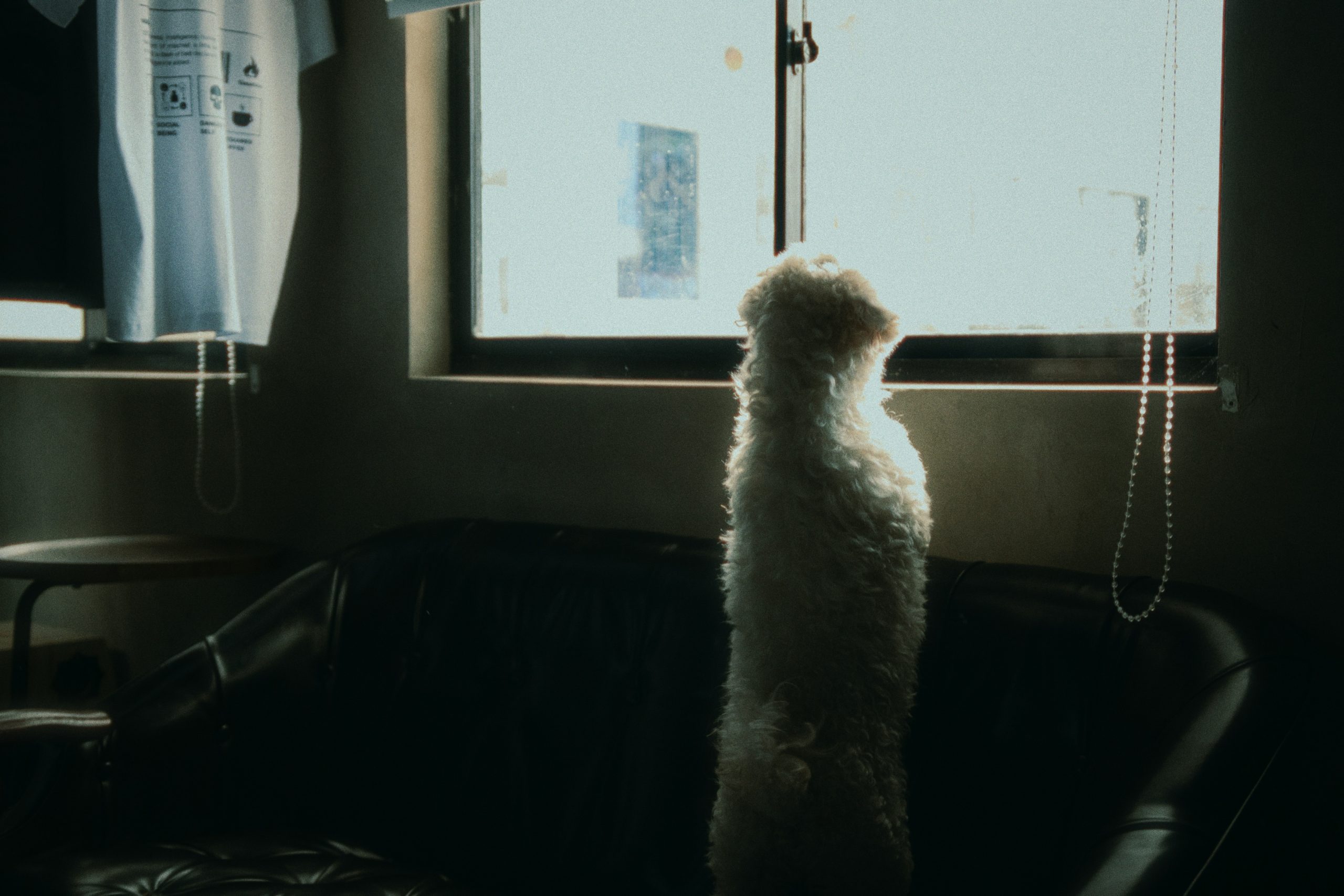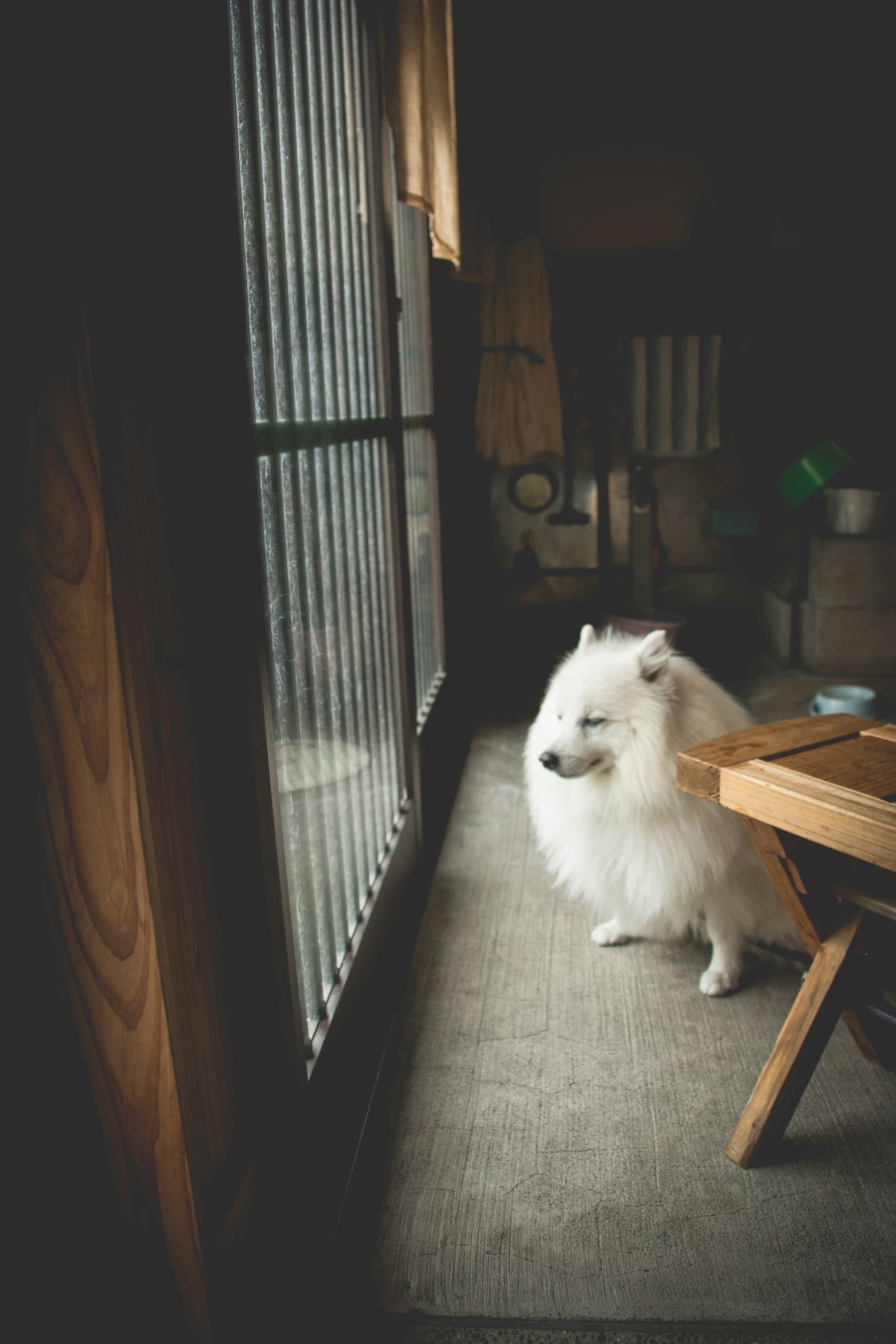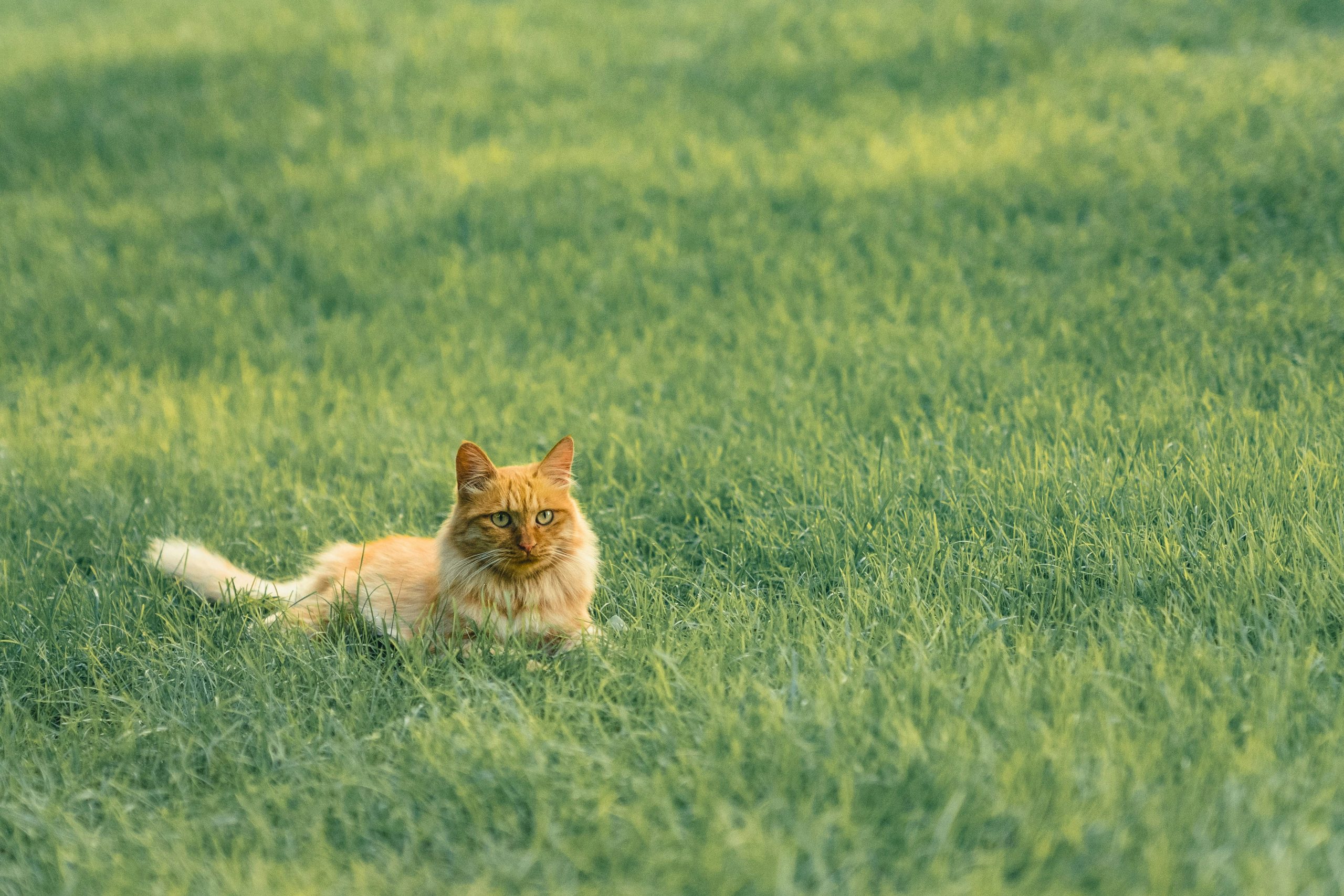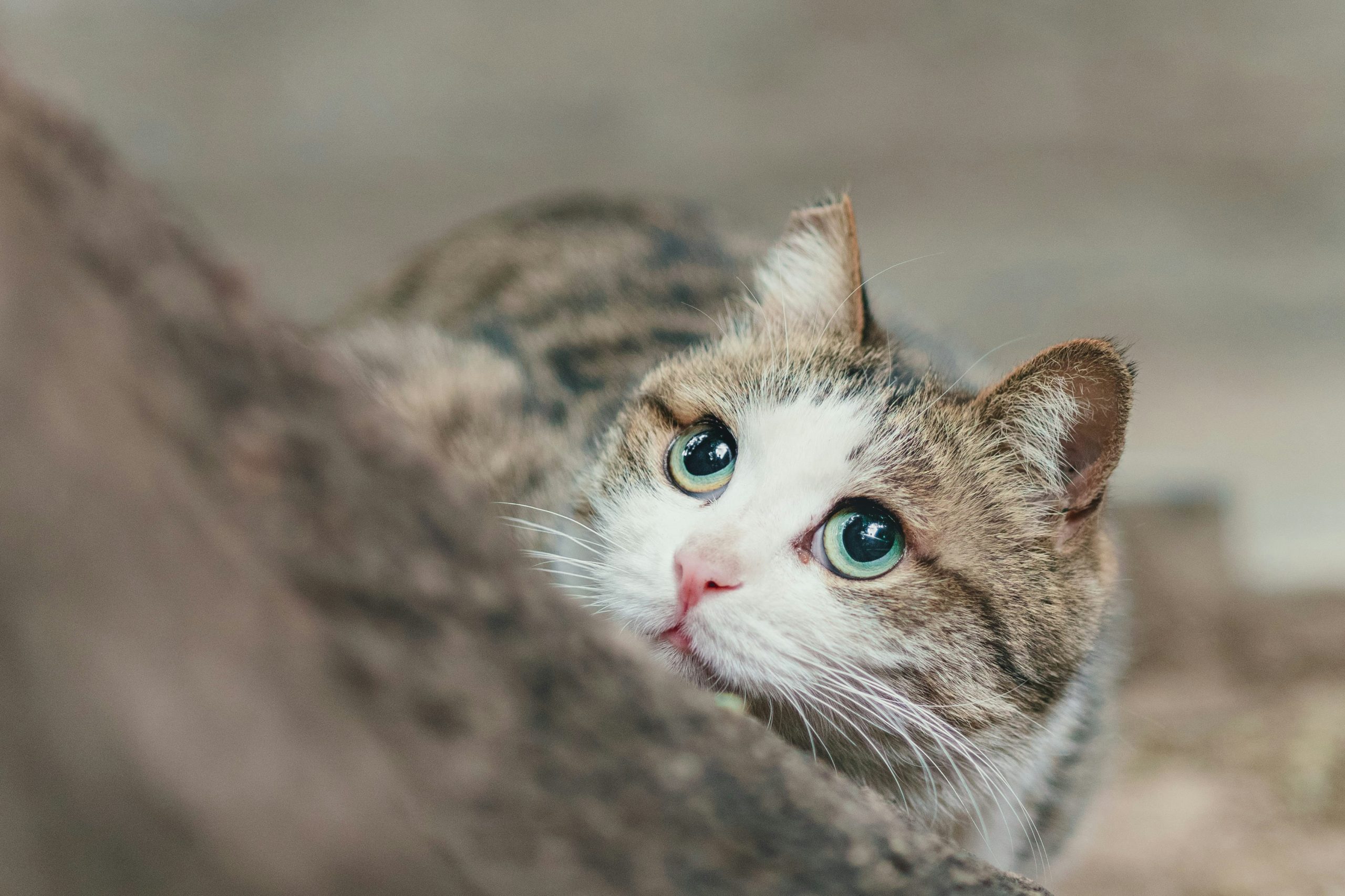In recent years, treating pets as human family members has become a global trend. From designer outfits and gourmet meals to birthday parties and even “paw-ternity” leave, the line between pet care and pampering is blurring. But as we increasingly anthropomorphize our furry companions—projecting human emotions, desires, and lifestyles onto them—are we crossing the line from love to overindulgence?
The Rise of Pet Anthropomorphism
Anthropomorphism isn’t new—people have long attributed human traits to animals. However, modern pet culture takes it further:
Luxury pet products: Designer collars, organic pet food, and custom-made furniture.
Human-like rituals: Celebrating pets’ birthdays, taking them on vacations, or even arranging “playdates.”
Emotional projection: Assuming pets feel guilt, jealousy, or nostalgia like humans do.
While this reflects deeper emotional bonds, it raises questions: Do our pets really want this, or are we fulfilling our own needs?
The Science Behind Pet Needs
Research suggests pets thrive on routine, safety, and affection—not materialism. For example:
Dogs value walks and playtime more than a designer sweater.
Cats prefer predictable environments over elaborate “catios.”
Over-humanizing pets can lead to stress (e.g., forcing them into clothes or crowded social events).
Veterinarians warn that excessive pampering may contribute to pet obesity, anxiety, and behavioral issues.
When Does Love Become Overkill?
Some signs we might be overdoing it:
Spending beyond means on non-essential pet luxuries.
Ignoring pets’ natural instincts (e.g., denying a dog’s scavenging behavior for “cleanliness”).
Assuming human emotions (e.g., interpreting a cat’s aloofness as “spite”).
Finding the Balance
Loving pets doesn’t require treating them like tiny humans. Instead:
✔ Prioritize their biological needs (exercise, mental stimulation).
✔ Observe their preferences—not every cat wants a Instagram-worthy outfit.
✔ Spend quality time rather than money on trends.
Conclusion
Anthropomorphism stems from love, but pets don’t need humanization to be happy. By understanding their true nature, we can care for them better—not just more. After all, a happy pet isn’t defined by a wardrobe or spa day, but by a life that respects who they really are.
This Article Was Generated By AI.




